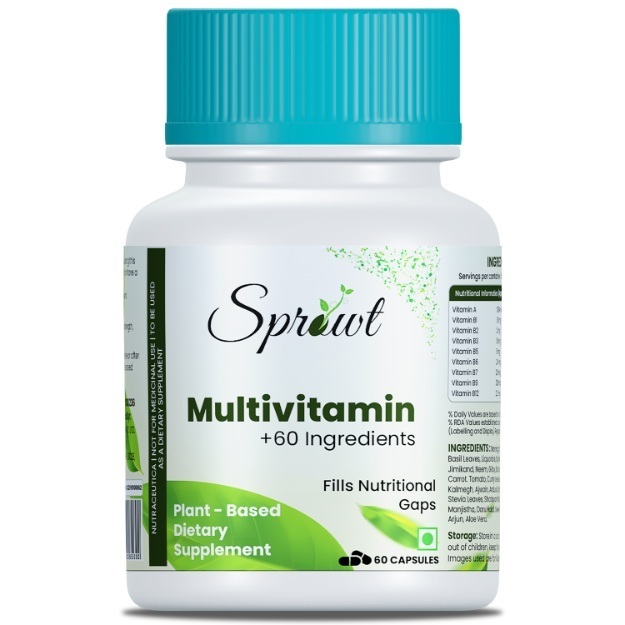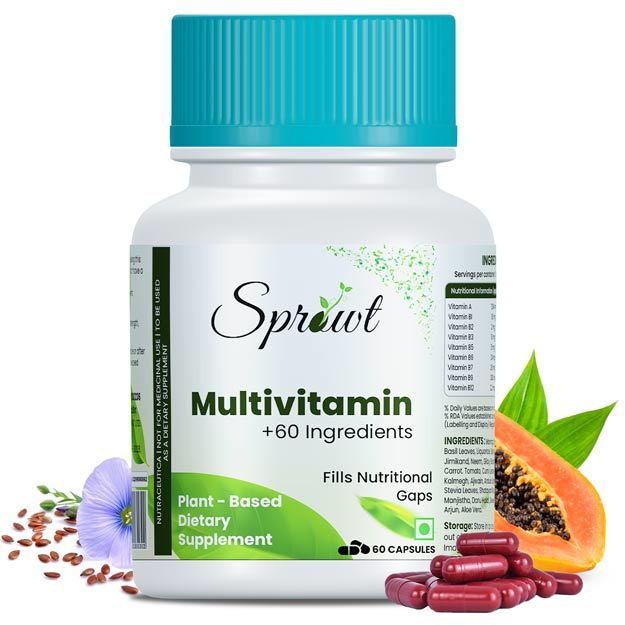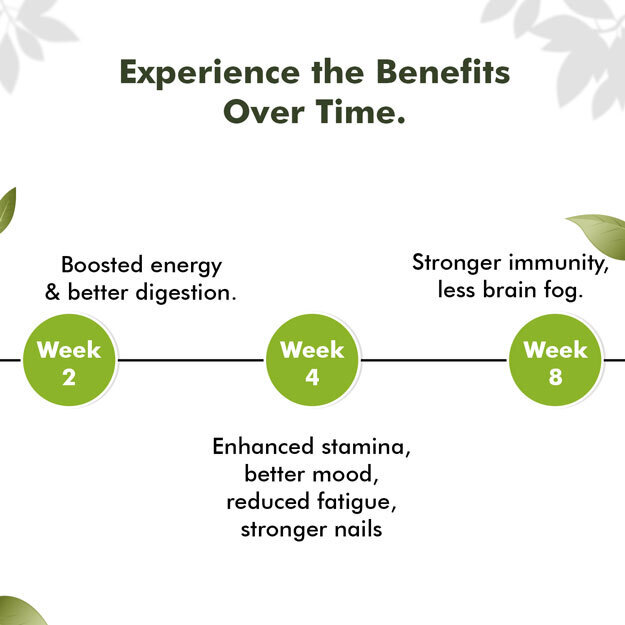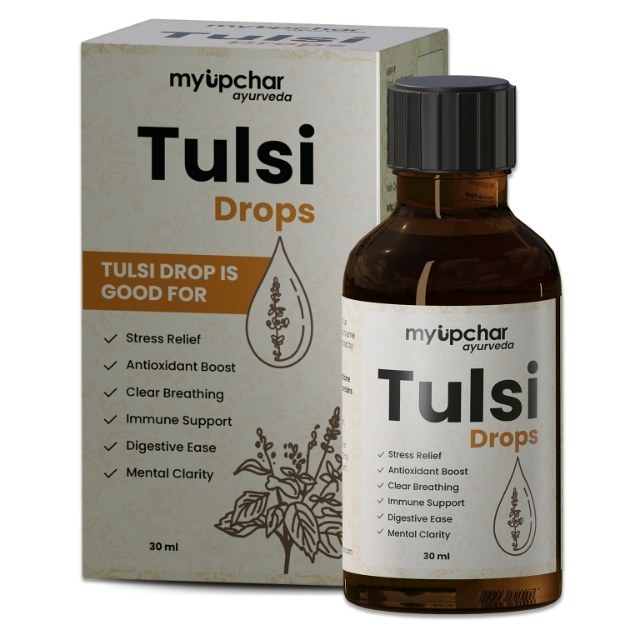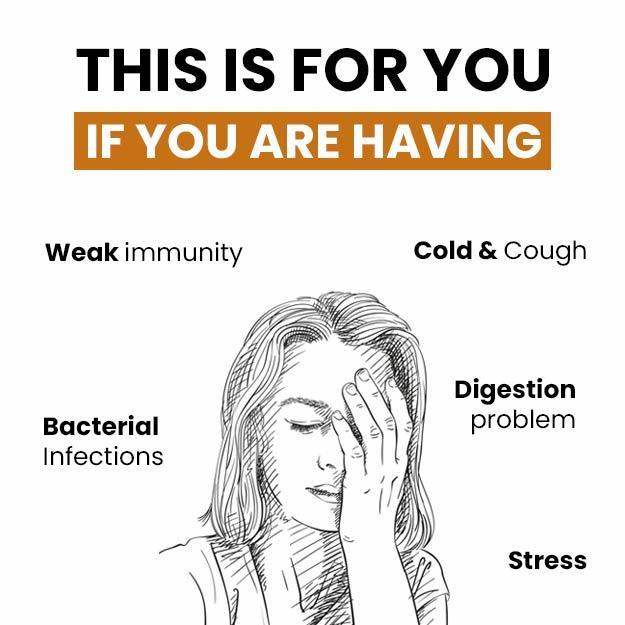When the weather changes, the risk of infection from many types of viruses and bacteria increases. You all must have seen that as soon as the weather changes, many people get flu and many other diseases. Flu caused by a virus is a type of viral infection, which spreads due to fluid coming out of the nose and lungs (such as sneezing). In the medical world, the flu is called influenza. It is a respiratory system infection, which primarily develops in the lungs. Children are more likely to get flu than adults. Influenza vaccine is used to protect children and adults from flu.
Considering the severity of the flu, this article tells you in detail about the influenza vaccine. Along with this, an attempt has been made to tell you about the dosage of influenza vaccine, the age to get influenza vaccine, the price of influenza vaccine, the side effects of influenza vaccine and who should not get influenza vaccine, etc.
(Read more - Influenza in Children)
- What Is Influenza Vaccination?
- Influenza Vaccine Dosage And Age
- Price Of Influenza Vaccine
- Side Effects Of Influenza Vaccine
- Who Should Not Be Given The Influenza Vaccine?
- Summary
What Is Influenza Vaccination?
Every year millions of people and children fall prey to the flu. In such a situation, influenza vaccine is given to protect children and adults from flu. Most people have mild symptoms of flu, while in some cases a person has to face serious problems. Not only this, due to lack of timely treatment, many people also die due to flu. Infants, children, pregnant women, older people as well as people suffering from asthma, diabetes and other problems are very likely to have severe symptoms of flu. It is an infectious disease, which spreads easily from one person to another. There is a risk of other people getting the flu by sneezing, coughing or being around a person infected with the flu. Along with this, the flu virus easily gets infected by someone touching the nose, mouth and eyes of a flu patient.
The influenza virus is divided into three parts A, B and C. Influenza types A and B mainly cause respiratory problems in winter. Whereas influenza type "C" causes mild symptoms of respiratory problems or no symptoms are seen in it. Influenza type "C" neither causes infection nor does it cause serious health problems like A and B.
The common symptoms of flu are described in detail below.
- Fever and chills
- Cough
- Sore throat
- Runny or blocked nose
- Muscle pain
- Body pain
- Headache
- Feeling tired.
- Children vomiting
- Children having diarrhea, etc.
It is not necessary that a person gets a fever when he has the flu. The flu is more serious than the common cold. Flu is a common cause of ear infection and sinus disease. Know other serious symptoms of flu further -
- Pneumonia (lung infection)
- Having a long-term health problem like asthma or heart failure.
- Swelling in the brain and heart.
- Life-threatening sepsis (blood infection)
Taking the influenza vaccine every year can prevent flu. The influenza vaccine does not cause the flu. The influenza vaccine protects you from the flu and by not getting the flu, people around you also remain safe from the infection of this disease. Apart from protecting you from the flu, you should also give this vaccine to your child and the elders in the house.
(Read more - Bacterial Infections)
See Similar Category Medicines Here
Influenza Vaccine Dosage And Age
The influenza vaccine is given to children 6 months of age and above, adolescents and adults. The vaccine needs to be administered every year. The vaccine is needed to maintain immunity and to fight the changing flu virus. Along with this, people who are more likely to get the flu also have to take the influenza vaccine regularly. Pregnant women, elderly people aged 65 years or more, children below 5 years of age and people suffering from serious diseases like diabetes, asthma and cancer are advised to take influenza vaccine regularly. Along with this, people who live with or care for people who are more likely to get flu should also get influenza vaccine.There are two types of influenza vaccine.
- Injection Vaccine (Flu Shot)
- Nasal spray vaccine – It is taken by spraying in the nose.
- Influenza vaccine is also available in combination. For example, the ActHIB vaccine is given in four doses. It has to be given to the child as a booster dose at 2 months, 4 months, 6 months and 15 to 18 months.
- On the other hand, the Pentaxim vaccine has a combination of five elements. This vaccine is given three times. It is first given to the child as a booster dose at 2 months, 4 months and 11th month.
- In this way, the dosage of influenza vaccine may vary depending on its combination.
- The flu vaccine takes at least two weeks to build up a person's immunity, so whenever the flu season starts, you should get the influenza vaccine two weeks before that. If you have not been able to get this vaccine before the flu starts, then you can get it at any time. The flu vaccine, administered at any time, provides equal protection against the flu.
(Read more - Parasitic Infections)
Price Of Influenza Vaccine
Influenza vaccine is available in many brands in the country to protect against the flu virus. The quantity and price of this vaccine may vary depending on the brand. Some of the influenza vaccines available in the country and their prices are being described in detail below.
- Influenza Vaccine Estimated Price
- ActHIB vaccine 345
- Pentaxim Vaccine 2740
- Combefive Injection 635
- QUADROVAX SD 489.34
Side Effects Of Influenza Vaccine
Generally, the side effects of influenza vaccine are very less and they get cured in a few days. Serious side effects from this vaccine are seen in very few cases. It is safe to apply this vaccine, but there are many cases in which the reactions of this vaccine can be serious. The common side effects of influenza vaccine are described as follows-
- Pain, swelling and redness at the site of injection
- Headache due to vaccine
- There may be a complaint of muscle pain.
- Babies, children and adults may get mild fever due to the vaccine. Fatigue.
- Upset stomach.
Side effects of nasal spray -
- Cough
- Runny or blocked nose.
- Sore throat.
In very rare cases, a person may have an allergic reaction to the vaccine. This can happen a few minutes or a few hours after taking the vaccine. Symptoms of an allergic reaction caused by the vaccine-
- Change in behavior
- Difficulty breathing, wheezing
- Dizziness
- Hoarseness
- High fever
- Cold fever
- Jaundice
- Rapid heartbeat
- Feeling weak, etc.
(Read more - Fungal Infections)
Who Should Not Be Given The Influenza Vaccine?
Sometimes influenza vaccines are not recommended in certain circumstances. Due to any disease or other health condition, doctors do not consider it appropriate to give this vaccine to infants or adults. Let us know further who should not be given the influenza vaccine.
If a person has a fatal allergy to the previous dose of influenza vaccine, then in such a situation the person should not take the vaccine again.
People under the age of 65 should not take high doses of the vaccine.
If the child or person has high fever while taking the vaccine, then in such a situation one should wait till it is cured before taking the vaccine dose. Also, definitely talk to your doctor about this.
People who have any kind of severe allergy to the ingredients present in the influenza vaccine (such as eggs or gelatin) should not take this vaccine.
There is a possibility of getting GBS (Guillain-Barre Syndrome immune disorder).
Vaccines should not be given to a child below 6 months of age.
Who should not take the nasal spray vaccine -
- A pregnant woman should consult a doctor before taking the vaccine.
- People aged 50 years or above.
- Children between 2 to 4 years of age who have asthma or wheezing in the last 12 months.
- Nasal spray should not be given to a child below 2 years of age.
(Read more - Colon infection)
Summary
Influenza vaccination is an annual vaccine given to prevent the flu virus. This vaccine is updated every year keeping in mind the seasonal changes in the type of virus. It is considered especially important for children, the elderly, pregnant women and people with weakened immune systems. Vaccination reduces the risk of severe flu infection, hospitalization and related complications. Mild side effects may include pain at the injection site, mild fever or fatigue. This vaccine is an effective and safe way to prevent the spread of influenza.





